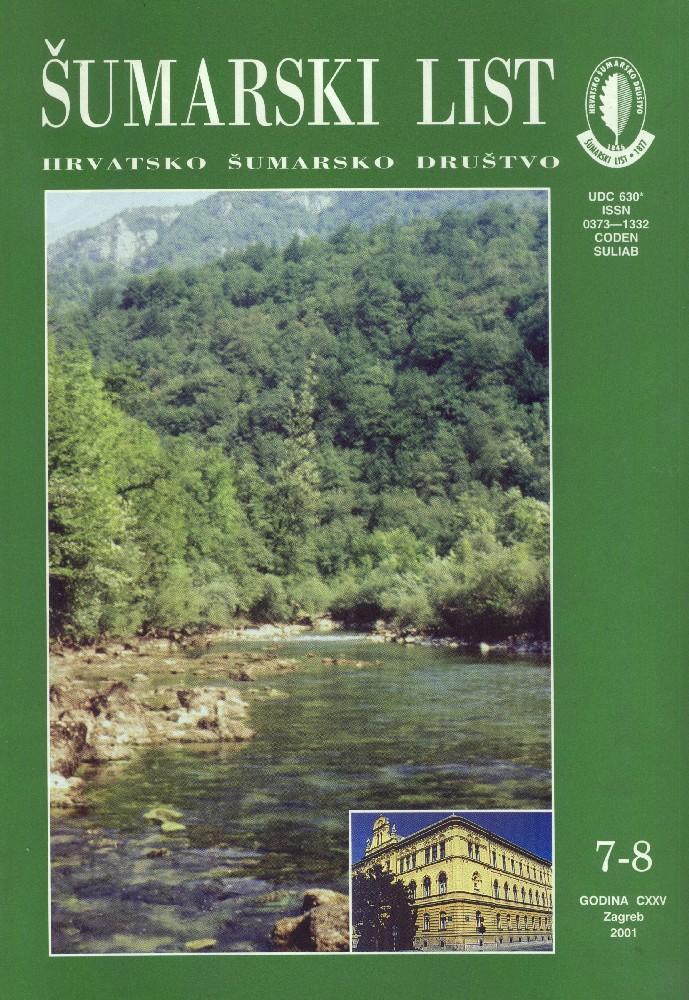Summary: In mid-nineteenth centurv, after over three centuries of existence, the Military Border lost its function. As a result, due to constant pressure by the Croatian Parliament, it was demilitarised (1873) and united with Croatia (1881). Unsettled land and forest property relations had detrimental effects on the relationships among the people, who resorted to acquired rights of usufruct. The problem was especially prominent in the Lika area, which coincided with the area under the management of the Lika Regiment. After the abolition of the "usufruct" from 1871, landed municipalities were never established in practice. The settlers of the Military Border did not accept forest segregation and continued to use the timber from state forests. In carry-ing out their administrative measures, the Austro-Hungarian Empire attempted to restore order by organising forestry services and introducing forest surveillance. A number of trained people from other parts of the Monarchy were brought into the public service since the local expert personnel were lacking.This period and the prevailing conditions in the relations among the forestry, the judiciary and the local population are evoked in one document.
Key words: court; forest enterprise; landed municipality; perpetrator; usufruct holders |



